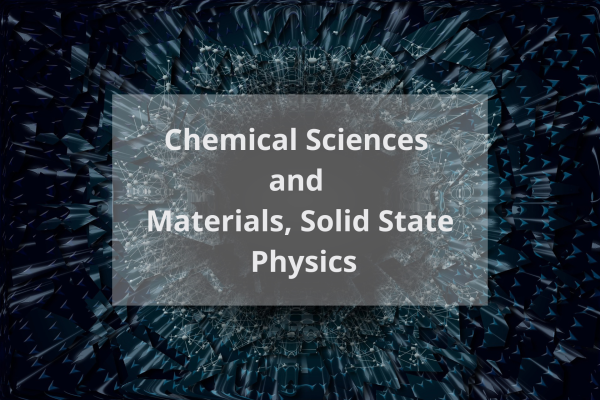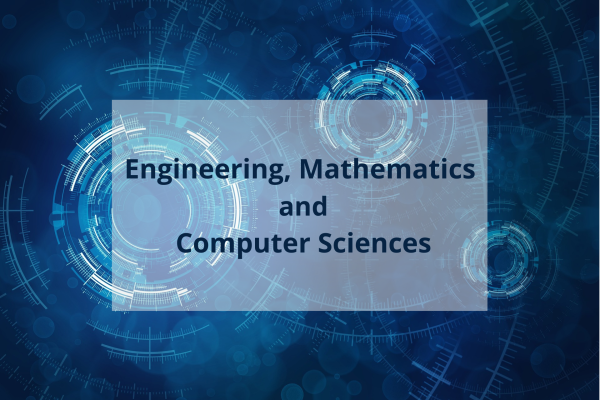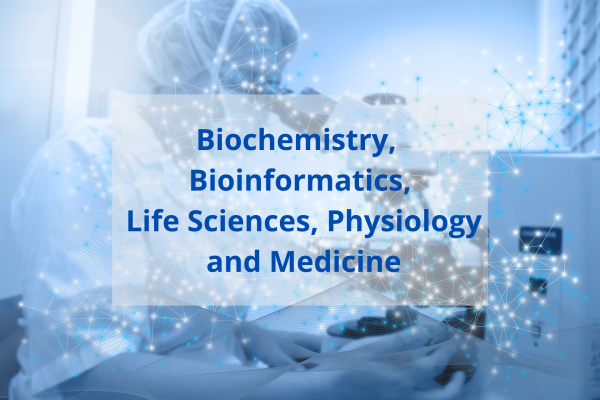Filter by
Awarded Projects (25)
RSS
Investigation of processes at nanosurfaces is highly challenging since atoms in the bulk typically dominate the signal measured in experiments, and here molecular ab-initio level simulations can produce valuable information.

In the context of aeronautics and air transport, the industry has to face new challenges regarding performance and sustainability.

Radiotherapy (RT) is one of the most frequently used methods for cancer treatment (above 50% of patients will receive RT).

Contact line phenomena entail multi-physics processes that operate at disparate scales, often posing formidable large-scale computing challenges.

Realizing the green transition requires not only materials with tailored functionalities, but also that we use less of these materials, which in turn requires that they can be designed to achieve a combination of high strength and toughness.

The objective of this project is to design bimetallic alloys capable to act as catalysts for the Hydrogen Evolution and Oxygen Reduction Reactions (HER and ORR, respectively) by means of the application of elastic strain engineering.

The primary aim of this project is to develop large-scale brain-like machine learning algorithms.

Addition of polymers to single-phase turbulent flows leads to a significant drag reduction. Based on the percentage of achieved drag reduction (DR) in the flow, the viscoelastic flows are categorized as low drag reduction (LDR) and high drag reduction (HDR) regimes.

The birth of the first stars, galaxies and black holes heralded the beginning of the Cosmic Dawn (CD).

The accurate simulation of separated flows induced by impinging shock waves is an argument of great interest for the aeronautical and aerospace industry.